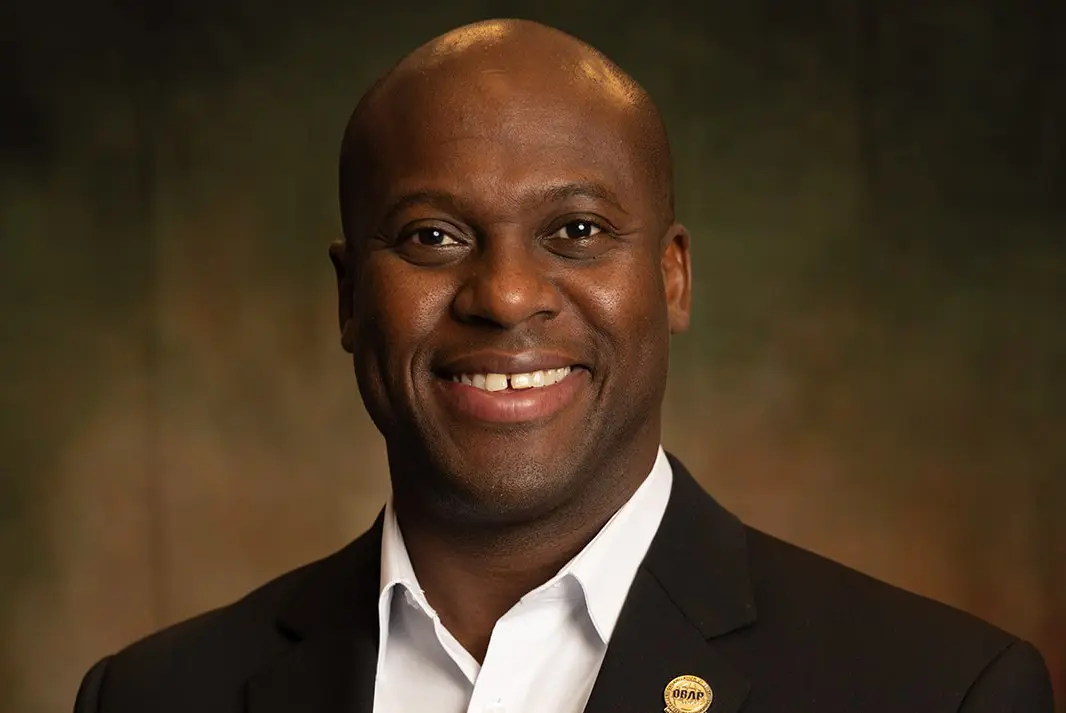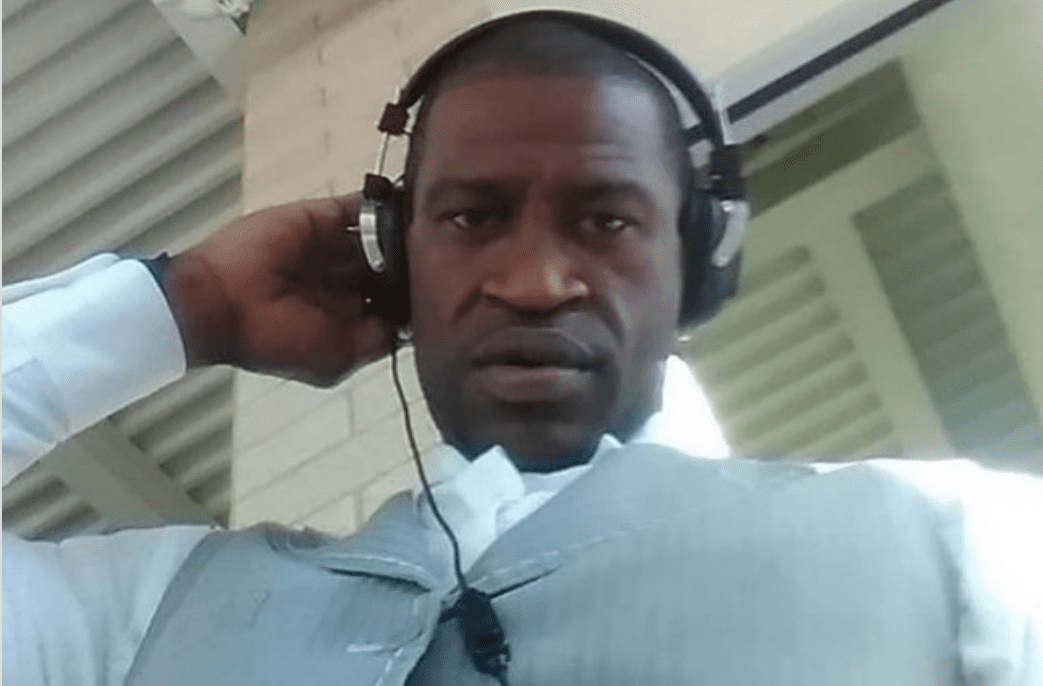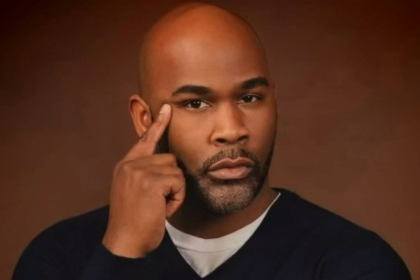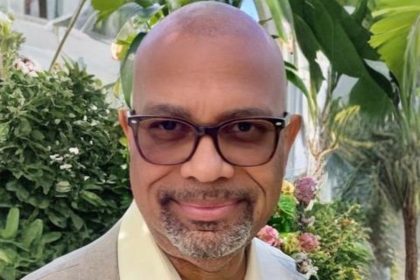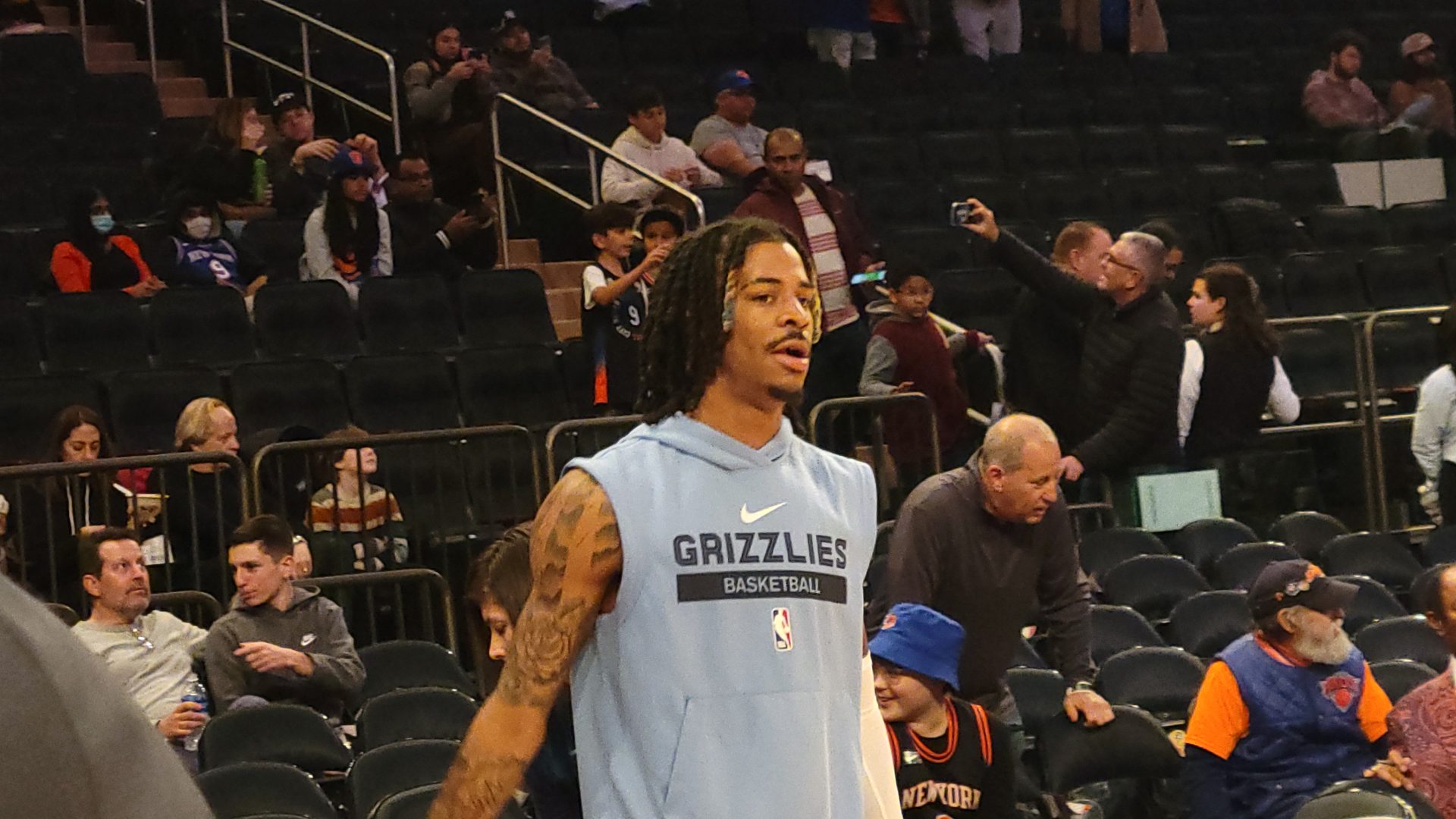Editor’s note: The following is a response to some who have recently questioned the qualifications of Black commercial pilots. Perhaps the most shamelessly idiotic came in January from Charlie Kirk of Turning Point USA. We have linked to it so you can read the kind of baseless nonsense being spewed publicly while certain politicians would have you believe racism is nonexistent. It’s just one of the innumerable examples of this kind of sentiment that, left unchecked, can undergird national policy.
Tennesse Garvey answers a fool according to his folly in an intelligent and intellectually sound rebuttal to anyone who uses those kinds of ridiculous sentiments to further racist agendas, both subtly and openly.
We write this letter representing the Organization of Black Aerospace Professionals (OBAP), a distinguished institution with a rich history spanning nearly 50 years in advocating for diversity, equity, and inclusion within the aviation industry. We represent the thousands of members: pilots, flight attendants, engineers, aircraft maintenance technicians, and other aerospace professionals who worked tirelessly to earn the skills and obtain the training and education to prepare them to be valuable, qualified members of the aviation and aerospace industry. We represent the immeasurable number of aspiring professionals actively striving toward a dream career.
Recent comments questioning the qualifications of Black commercial pilots have compelled us to address these baseless claims with an unwavering commitment to truth, merit, and the principles that underpin our profession.
The history of Black contributions to aviation is profound and dates back to pioneers such as Bessie Coleman, Chauncey Spencer, Janet Bragg, Willa Brown, Cornelius Coffee, the Tuskegee Airmen, Marlon Green, and many other pioneers who persevered in the face of racism and inequity and paved the way for the excellence we uphold today. Their resolve has lifted each of us. We also acknowledge the landmark Supreme Court case of 1963, which outlawed discriminatory hiring practices and mandated commercial airlines hire qualified Black pilots based on merit. Even after legislation opened the door to Black pilots, the career remained elusive to women and people of color on a mass scale for many years and remains homogenous to this day.
The racial makeup of the aviation industry in the United States is far from a reflection of our nation’s diversity. According to the 2023 US Bureau of Labor & Statistics Report, of the 211,000 commercial pilots employed in the United States, 92.4% identify as white, while only 3.9% are Black. Efforts have been ongoing to foster greater inclusivity.
OBAP works to foster diversity
OBAP, alongside major commercial airlines and aviation affinity groups such as Air Line Pilots Association, Sisters of the Skies, Women in Aviation International, the National Black Coalition of Federal Aviation Employees, the National Gay Pilots Association, Latino Pilots Association, Professional Asian Pilots Association, the United States Army Black Aviation Association, and numerous others, continues to work tirelessly to encourage a more diverse industry and support access and education initiatives that enable underrepresented communities to achieve their career goals in aviation.
For many, the barrier to becoming a pilot has been the lack of exposure to the field and the prohibitive cost of training. Still, thanks to the work of so many organizations and the support of many airline training programs, the aviation field is finally beginning to level — but make no mistake, the road is long and arduous, and only the qualified, passionate few make it to the flight deck.
It is imperative to emphasize that diversity in the flight deck enhances safety, innovation, and the overall effectiveness of the industry. Diverse perspectives contribute to well-rounded decision-making processes, benefiting all passengers and stakeholders. The Federal Aviation Administration (FAA) sets stringent requirements for all pilots, irrespective of their racial or ethnic background, to ensure air travel safety. These requirements are rigorous, comprehensive, and non-negotiable. The training and qualifications demanded of commercial pilots are the same for every individual who aspires to uphold the highest standards of professionalism and safety in the skies.
The recent unfounded claims regarding the qualifications of Black commercial pilots not only perpetuate harmful stereotypes but also undermine the hard-earned achievements of countless professionals within our community.
We urge everyone within the aviation community and beyond to rely on facts and evidence when discussing pilots’ qualifications, ensuring our industry remains a beacon of integrity and inclusivity. OBAP will unite against misinformation and promote an environment that encourages and supports individuals of all backgrounds to pursue their aspirations.
OBAP and our esteemed industry partners reaffirm their commitment to fostering diversity, equity, and inclusion within the aviation sector. We are your flight instructors; we are your captains; we are your co-pilots; we are your chief pilots; we are your mechanics; we are your flight attendants; we are your engineers; and we are qualified safety professionals. Together, we will continue to work towards a future where every aspiring pilot, regardless of their background, has equal opportunities to soar to new heights.
Sincerely,
Tennesse Garvey, Chair — Board of Directors
Organization of Black Aerospace Professionals (OBAP)

